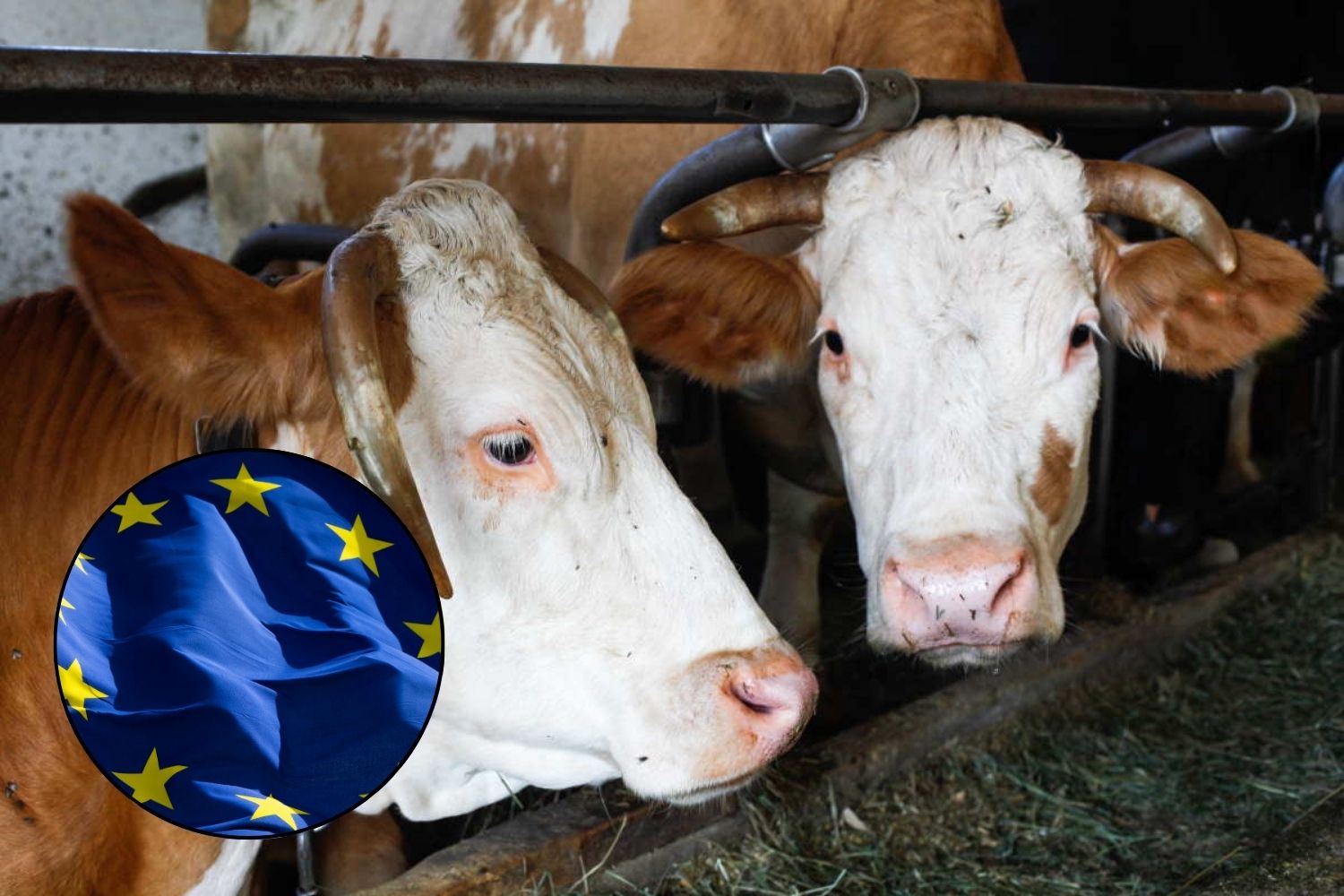EU-Mercosur trade deal could net JBS €1.7B while threatening European farmers and environment through unfair competition and weakened forest protection standards.

Table of contents
The commercial agreement between the European Union and Mercosur countries (Brazil, Argentina, Paraguay, and Uruguay) risks causing severe environmental and climate damage while undermining sustainable agriculture in Europe. The primary beneficiaries appear to be agribusiness lobbies rather than farmers or the environment.
According to an analysis by Dutch institute Profundo, distributed by Greenpeace Netherlands, Brazilian multinational JBS – the world’s largest meat producer – could earn up to €1.7 billion in additional gross profits (€1.2 billion/$1.3 billion net) by 2040 if the agreement takes effect. This windfall represents approximately 8% of the company’s total market value as of April 2025.
Corporate giants benefit while farmers struggle
These companies would profit from reduced customs duties and increased exports to Europe, while the European market would open to massive quantities of beef, poultry, sugar, honey, and other agricultural products. Many of these products come from supply chains with environmental and health standards lower than those required in the EU.
The result would be even more ruthless competition for small and medium European farmers, who are already struggling with rising costs and price pressures from large retailers. European agriculture faces the prospect of being undercut by products that don’t meet the same rigorous standards.
Environmental destruction meets unfair competition
“The agreement will fill the pockets of giants like JBS, with a supply chain linked to deforestation, human rights violations and enormous emissions,” denounces Martina Borghi, Forests campaign, Greenpeace Italy.
Opening up to Mercosur products – meat, sugar, honey – means unfair competition for European farmers and fewer health guarantees for consumers: pesticides, antibiotics and hormones are less controlled, and Brazil does not guarantee the absence of hormones banned by the EU.
Forests under attack and green deal weakened
The EU-Mercosur agreement, signed at the end of 2024 after more than 20 years of negotiations, still needs to be ratified. But while the European vote approaches (September 2025), the EU has already postponed the EUDR by one year – the anti-deforestation regulation – weakening precisely the instrument that should protect us from these risks.
Furthermore, a recent Politico investigation shows how Italy – together with 8 other countries – supports the proposal to make the EUDR even weaker: reduced controls, less transparency, compensable tree cutting, and new exemptions.
Greenpeace demands action
- Block the EU-Mercosur agreement
- Apply the EUDR seriously and without delays
- Support sustainable agricultural models, not planetary predators
The stakes are clear: environmental protection versus corporate profits. As European lawmakers prepare to vote, the question remains whether they will prioritize long-term sustainability or short-term trade benefits that primarily serve agribusiness giants while potentially devastating both European farmers and South American forests.
